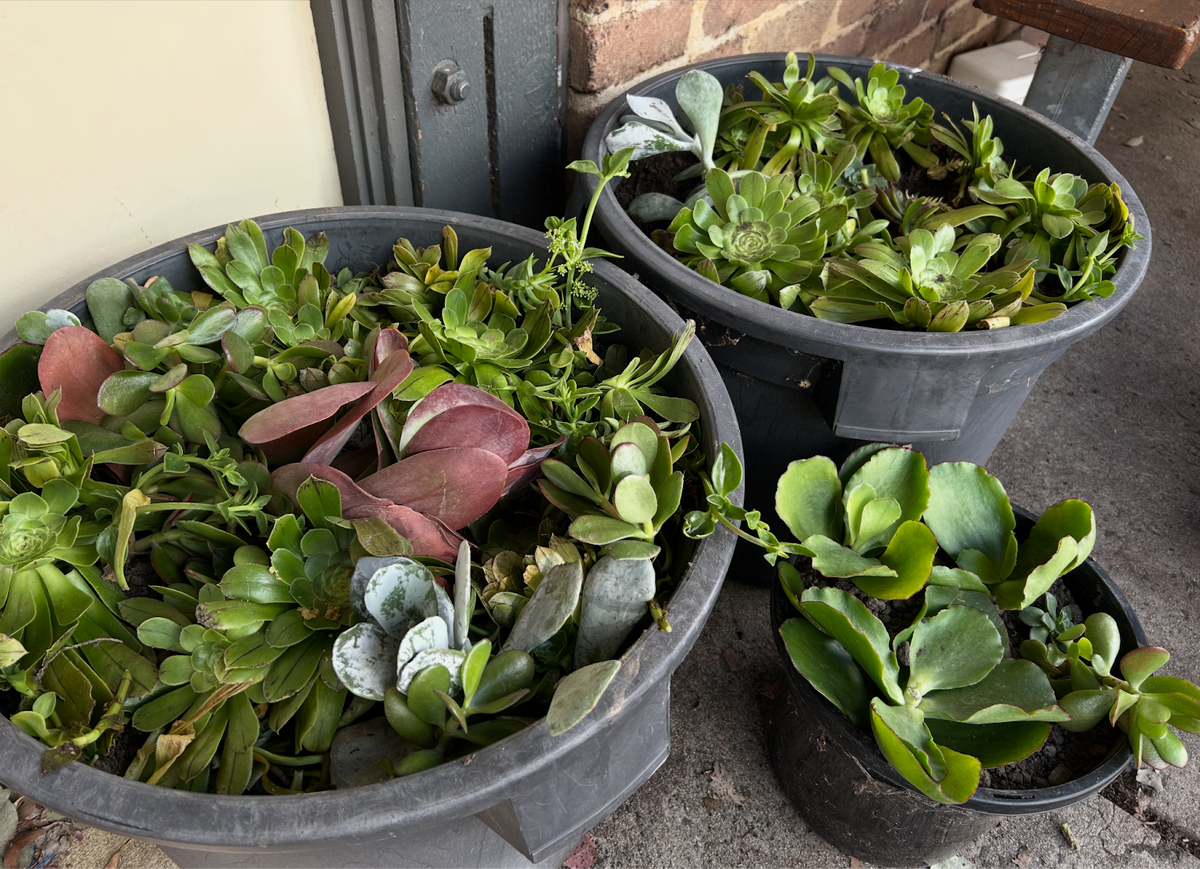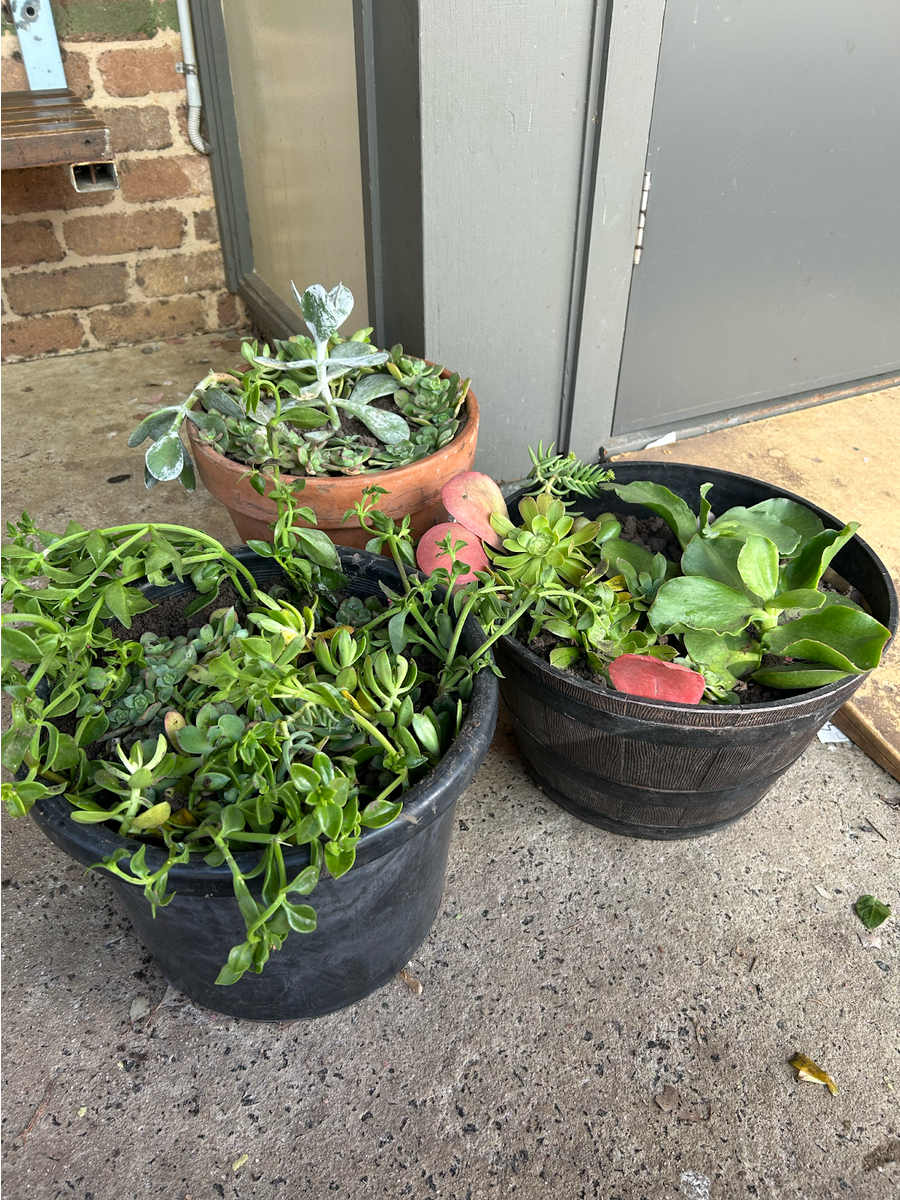Mindfulness Centre Newsletter

Talk about Halloween costumes and trick or treating has dominated a lot of conversation this week around the school. Halloween and other big events can be exciting, but for some children, especially those who are anxious or neurodiverse, the changes and surprises can feel overwhelming. Knowing a child can struggle in these situations can be very stressful for you as a parent and perhaps make you feel like you are walking on eggshells knowing that a situation can change at any moment. Managing these events is tricky as often your child has an expectation of how an event should go and may become completely thrown when the reality does not match their expectation. Their response to this disappointment may be huge and it can take a long time to help your child to regulate.
Below are some suggestions that may help your child manage these occasions so everyone can enjoy the festivities.
1. Plan and Prepare Together
- Talk about what will happen at the event well ahead of time. Use pictures, stories, or even a written schedule to explain the day’s activities.
- Visit decorated areas in daylight before the big night to help children get familiar with new sights and sounds in a less overwhelming way.
- Prepare a back-up plan for costumes or activities if your child changes their mind at the last minute.
Talk about expectations and strategies to use if something is not going to plan.
2. Support Sensory Comfort
- Choose costumes and activities that feel comfortable for your child. Soft fabrics, tag-free clothes, or simple outfits might work best for some children.
- Avoid crowded or noisy routes during trick-or-treating by starting early or choosing smaller group activities.
Provide tools that help with sensory overload, like noise-canceling headphones or fidget toys.
3. Practice Coping Skills
- Teach deep breathing or “hot chocolate breathing” (slowly inhale the smell, then blow gently to cool the drink) to help calm nerves.
- Model calm behavior—children often mirror the responses of those they are with. Try to bring calm to the situation, if you stay calm, it’s easier for your child to feel settled too.
- Let your child know it’s okay to take breaks. Designate a safe, quiet space at home or at the event where they can regroup. This quiet space may be in the car, in a nearby park etc
4. Respect Their Boundaries
- If your child doesn’t want to participate in certain activities, that’s okay. Support them in choosing what feels comfortable and praise their efforts to participate in their way.
- Encourage, but don’t force, new experiences. Gradual exposure to different elements of an event helps build confidence over time.
5. Stay Connected and Communicate
- Keep those adults who are involved in the loop about your child’s worries or triggers, so they can help support your child during events.
- Let your child know you’re there for support, and celebrate their courage, no matter how small the step.
With a little planning and a lot of understanding, big events like Halloween can be enjoyable and inclusive for every student. Every child is different—sometimes, participating in a low-key way or even observing is just as special as joining in all the activities.
Can you help us?
Recently, some of our Grade 5 students planted succulents to add greenery to a few spots in the playground. Being involved in improving areas of the school helps our students feel more connected and encourages them to take greater care of our grounds. However, we still have many empty pots around our school and in the atrium that are in desperate need of replanting. Do you have any succulent cuttings that you could donate to the Wellbeing Room for us to plant around the school? If you do, please send them along to the Wellbeing Room. We would greatly appreciate it and will plant these out over the next few weeks.



